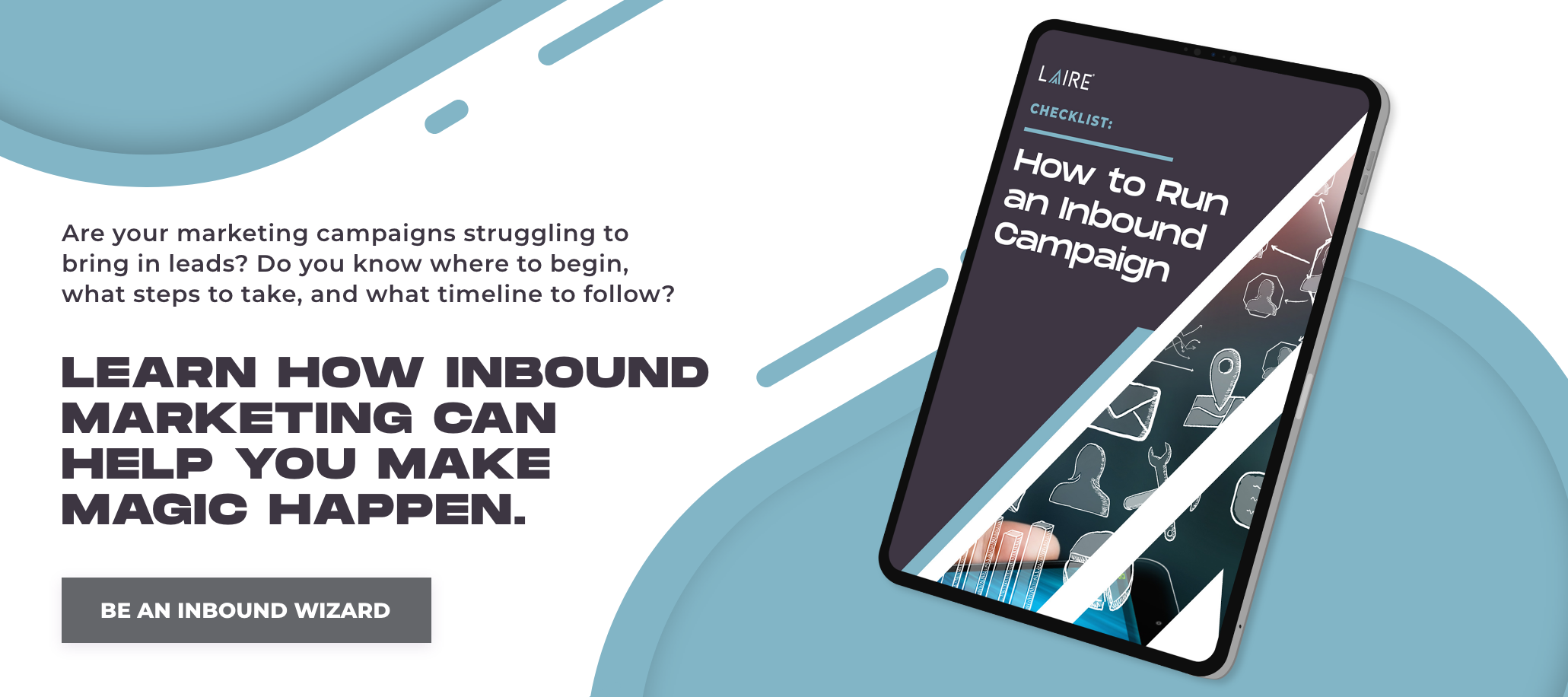As societal trends change, consumers’ mindsets and buying habits are changing as well. This means that if you've been sending the same messaging to the same audience for several years, your target customers have likely changed beyond your marketing strategies and tactics.
Sound familiar? If so, it’s time to rethink your buyer personas to ensure you’re reaching your ideal prospects and capturing new leads for your business.
Who at Your Company Will Updated Buyer Personas Most Benefit?
Buyer personas are fictional, generalized representations of your ideal customers. They help you separate your clients into specific categories and create content targeted specifically to them. These profiles are not set in stone — personas can morph over time as there are changes in the economy, the media, and even as your business offerings change.
Comprehensive buyer personas benefit various internal departments, including marketing, sales, product development, and customer service. If your departments are working with outdated profiles, it can affect their ability to be successful.
- Marketing team: This documentation helps marketing teams understand the needs, challenges, goals, and preferences of their target audiences so they can tailor their messaging and channels to reach the right people at the right time. Keeping messaging up to date with evolving persona needs can prevent a decrease in ROI.
- Sales team: Buyer personas help sales teams understand their prospects' pain points, decision-making criteria, objections, and buying preferences so they can personalize their approach and conversations to build trust, empathy, and relevance. When any of the persona psyches change, sales needs to be on top of it and use these new angles to continue to close deals.
- Product development team: Personas provide valuable insights into the features, functionalities, and benefits the target audience expects so that product development teams can prioritize the most relevant and impactful improvements. Continually assessing your solutions as a fit for changing persona needs will keep you ahead of sales slumps.
- Customer service team: Buyer persona development helps customer service teams empathize with the customers' problems, concerns, and expectations so they can provide more personalized solutions, improve customer satisfaction, and reduce churn. When this department listens to new information coming from the personas and shares it within the company, it can help the other teams foresee where changes need to happen in their processes to best connect with a new persona.
If you haven’t looked at your buyer persona profiles in a while, it’s time to take action. Follow these five tips for updating your buyer personas so you can engage with new potential customers for your business.

Tip 1: Revisit Your Quantity of Personas
There’s no magic number of personas you should have, and that number can change over time. You may have initially created three (a good starting point) but now you realize there are two core groups you're not reaching. The key is to develop and revisit your personas based on realistic and viable objectives.
No matter the size or amount of resources available in your business, it’s important not to exclude the buyers who are successfully closing with you.
On the other hand, having too many personas often blurs the lines from one persona to the next, making it difficult to tailor messages specifically for each audience. Use client data from your existing database and make sure there is still a defining line that separates one buyer persona from the next as you make additions and adjustments.
Tip 2: Align Personas With Evolving Business Objectives
Your buyer personas should evolve over time to align with your business goals. This is often a great way to open up new opportunities that may not have been attainable in previous years.
When you go over your previous year’s budget and outline next year’s goals, don't breeze through your yearly marketing plan. Review your progress and see if there are any opportunities to expand or optimize your buyer personas. They may only need a few changes, but those changes could have a significant impact.
Tip 3: Understand How Your Personas' Communication Has Changed
As technology continues to evolve, brands face the challenge of knowing how to communicate with their customers. If your 5-year-old buyer personas are out of touch with your prospects’ preferred channels and platforms, then you could be spending marketing dollars on the wrong traffic.
Channels of communication and social media engagement are critical pieces of the puzzle when it comes to generating new leads, nurturing your leads, and driving sales. Your buyer personas may very likely outgrow certain attributes over time, and brands that pay attention and pivot accordingly will be more successful.
Tip 4: Audit Your Existing Content Strategy
If your traffic has declined over the last year, outdated buyer personas may be part of the reason. When your blogs aren’t getting much traction and offers are falling flat, you may be targeting the wrong people and/or pushing the wrong content.
Before investing more resources into your existing strategy — or making changes on the fly — you need to get to the root of the problem. A reduction in traffic and diminishing leads means you are off target with your potential customers. Step back, realign your approach, and reconsider your buyer personas.
Ask yourself the following questions:
- Do you need to account for a new channel of communication or social platform?
- Have your personas' pain points or challenges changed?
- Is there a niche audience you aren’t capturing with your existing personas?
You can overcome a decline in traffic and leads if you take the right steps to get to the root of the issue. Just make sure your personas are part of the evaluation process.
Tip 5: Assess Whether Their Buyer’s Journey Is Different
The buyer’s journey is the process prospects go through to become aware of, evaluate, and purchase a new product or service. This journey has three main stages:
- Awareness Stage: The buyer realizes they have a problem.
- Consideration Stage: The buyer defines their problem and researches different options to solve it.
- Decision Stage: The buyer chooses a solution.
By focusing on the characteristics of the consumers you want to sell to, you will supply the content they need and better influence them at each stage of the buyer’s journey.
When there are changes in the journey, such as how they define a problem or what they consider a solution, it is important to redefine the journey and realign your content for each stage. Getting stuck on an outdated buyer's journey can result in an empty funnel.
Create Successful Inbound Marketing Campaigns With Updated Buyer Personas
Regularly revisiting your buyer personas is a simple but effective way to keep pace with the company's goals and align your marketing objectives for the upcoming year. With that said, buyer personas are only one piece — albeit a very important one — of your inbound marketing campaign.


